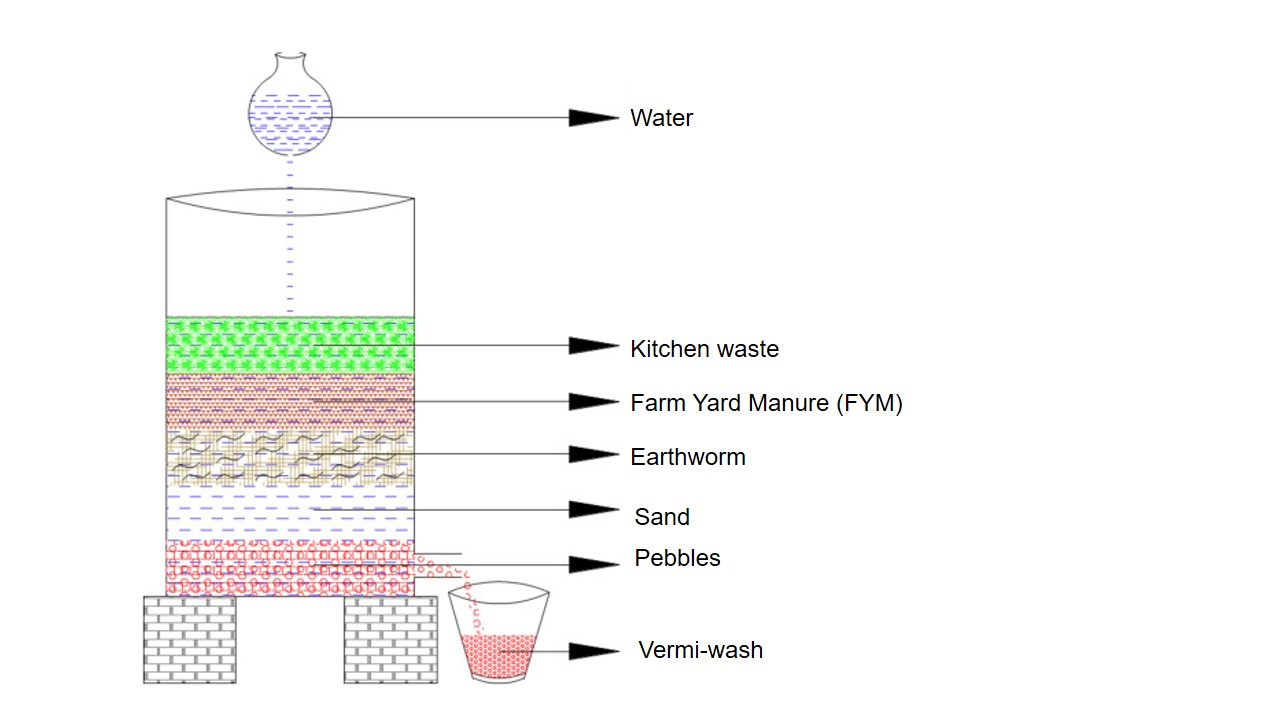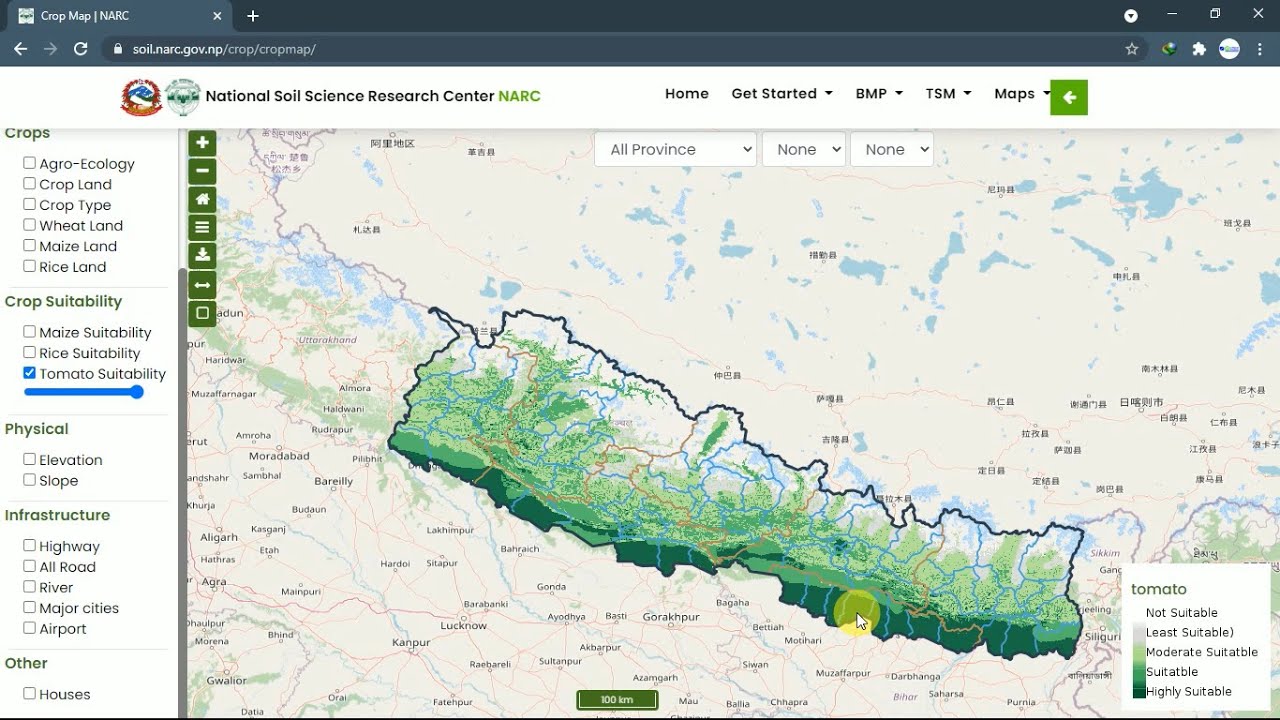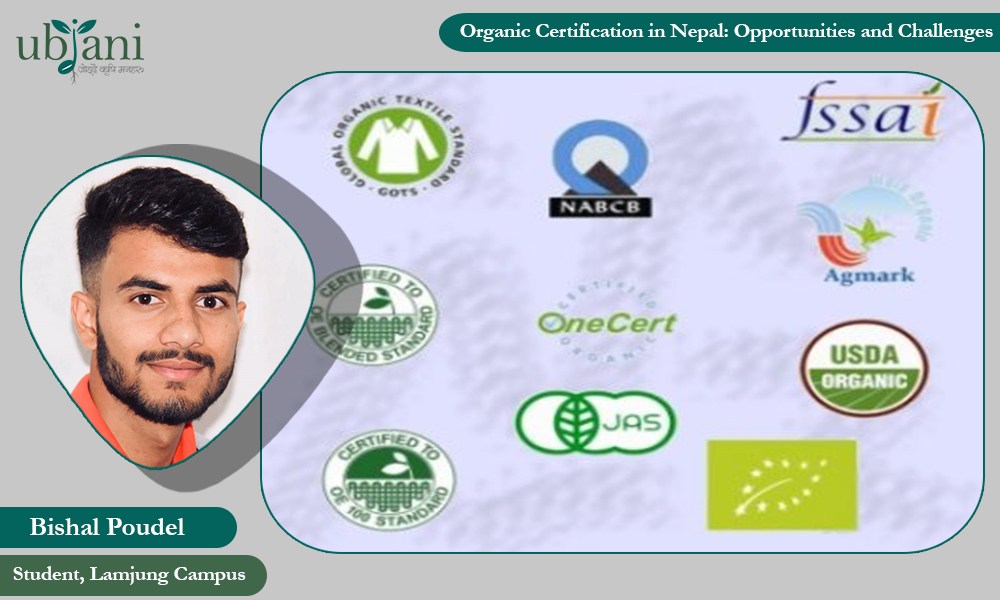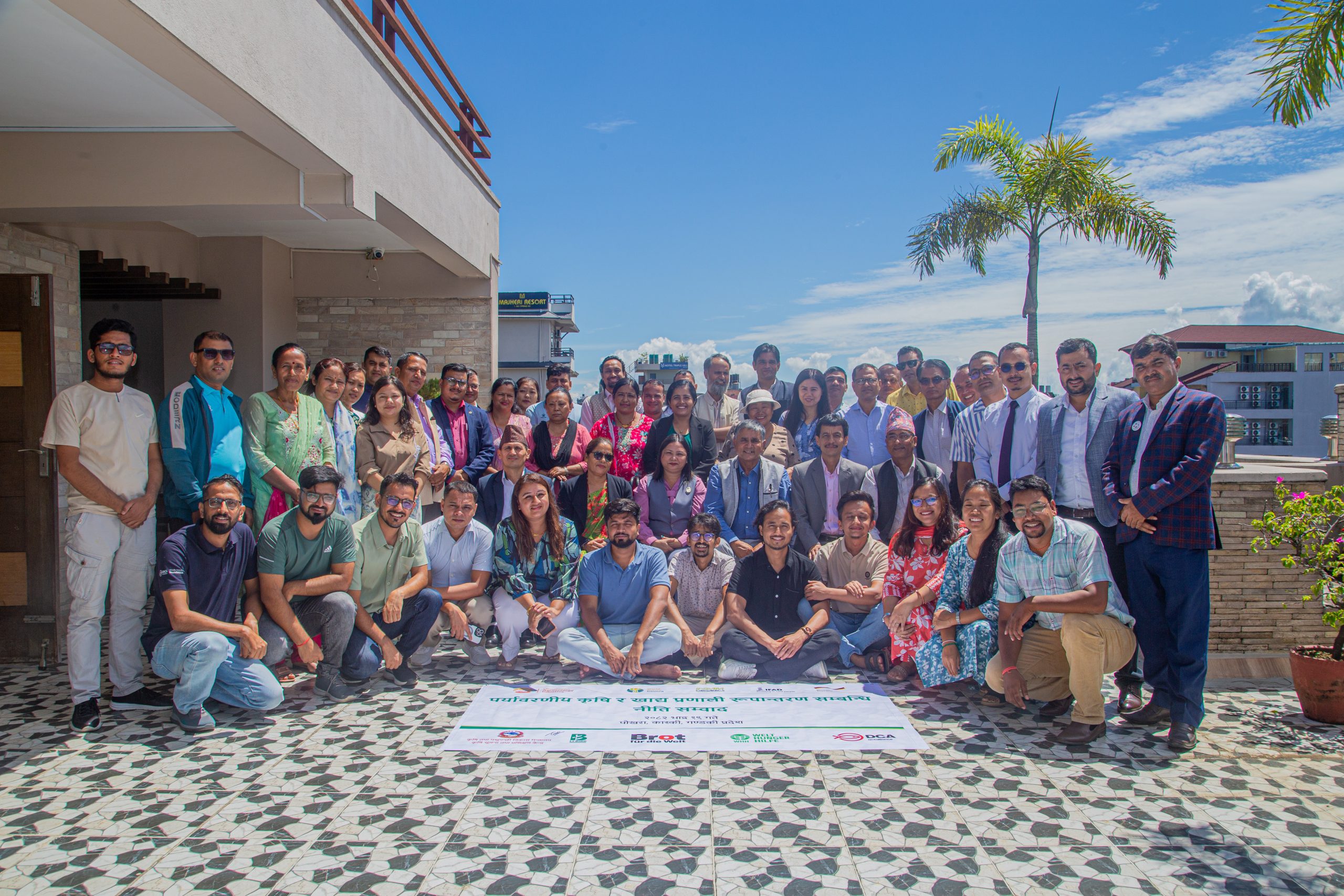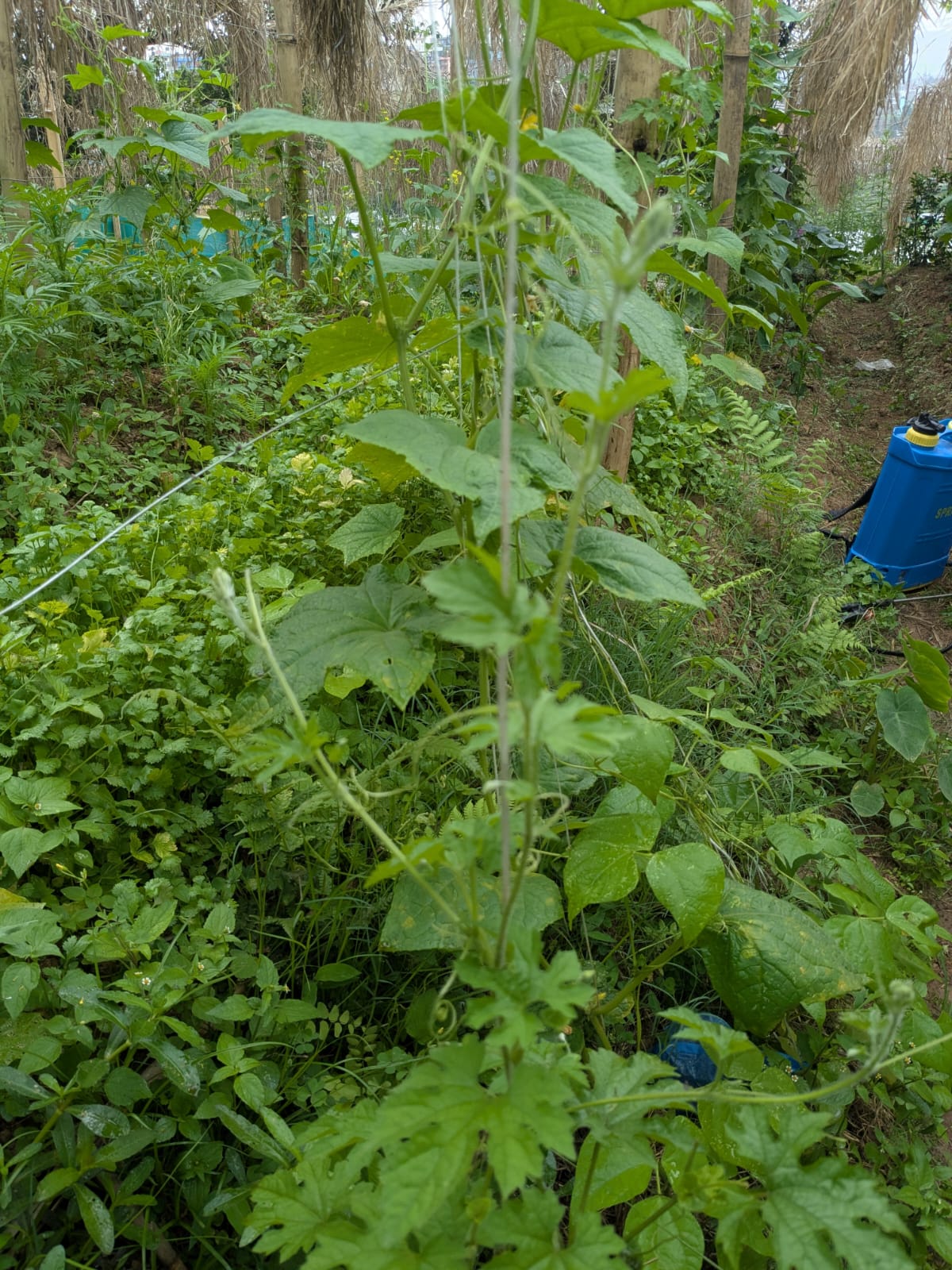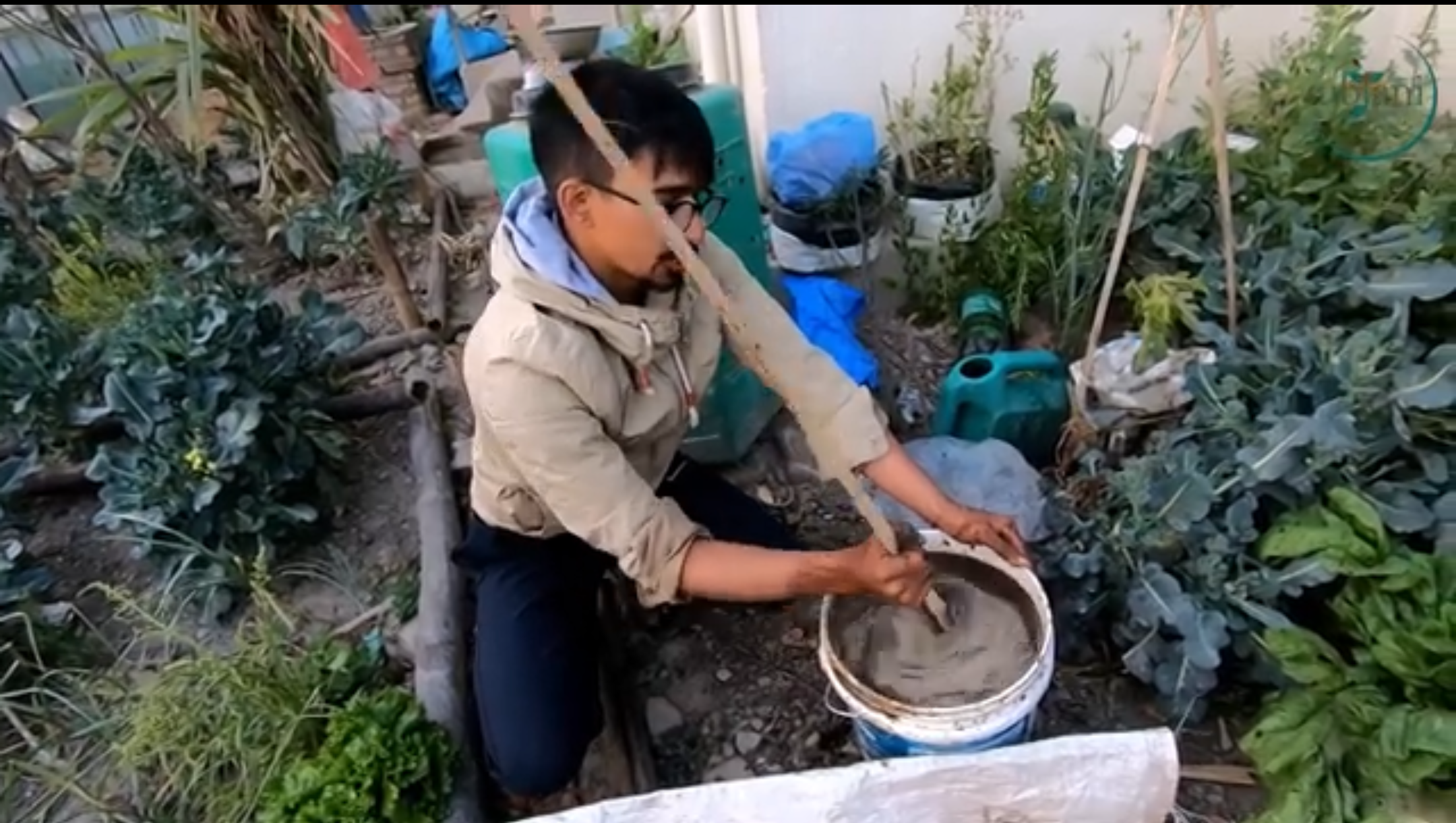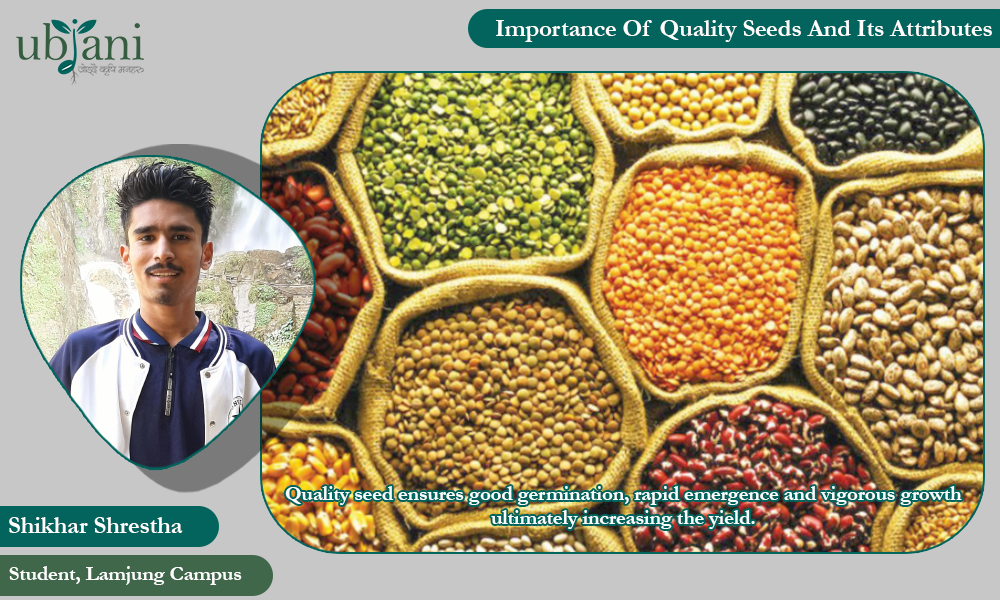
The effectiveness of cow dung in our soil is gradually decreasing. As a result, there seems to be a mindset developing that production cannot be achieved without chemical fertilizers. However, in reality, plants do not directly consume fertilizers. It is the microbes in the soil and the fertilizers that convert nitrogen into nitrate ions, phosphorus into orthophosphate, and other nutrients, which are the food for plants.
The Main Reasons for the Decreasing Effectiveness of Cow Dung
- Breed of Cattle: In the past, we used local breeds of cattle, which had grown and developed in specific environments, and the beneficial microbes in those environments were also present in their digestive systems. As a result, their dung contained a sufficient number of microbes. However, studies show that foreign high-yielding dairy cattle breeds have fewer microbes, and their dung is less effective compared to local breeds.
- Livestock Management and Manure Storage: Today, livestock is fed a lot of grain, and grazing systems are not commonly practiced, leading to a decrease in the number of microbes. Additionally, when manure is stored in one place for years without proper oxygenation, it fails to decompose. Using undecomposed manure in farming can introduce diseases and pests into the fields. The composting process generates heat, which can even harm the plants.
- Farming Systems: The widespread use of chemicals and pesticides in modern farming has significantly reduced the number of beneficial microbes in the soil. Moreover, climate change and monoculture farming practices have reduced soil moisture, further decreasing microbial populations.
A Good Solution: Ghanajivamrit
One excellent solution to this problem is Ghanajivamrit. Ghanajivamrit is made by introducing forest microbes and local cow urine into cow dung, which increases the microbial population and improves the quality of the manure.
How to Make Ghanajivamrit
There are different methods to make Ghanajivamrit:
Method 1:
- Take about 100 kg of cow dung and spread it in a sunny place for 24 hours.
- Sprinkle 2 handfuls of forest soil or soil from under a large tree over the dung.
- Mix 1 kg of oilseed or lentils flour.
- Mix 1 kg of sugar with local cow urine and sprinkle it on dung.
- Ghanajivamrit will be ready in about a week.
Method 2:
- Take about 100 kg of cow dung and spread it in a shaded area for 2 days to dry.
- Sprinkle 20 liters of prepared Jivamrit (a mixture of cow urine and other organic ingredients) on the dung.
- After one week, sprinkle more Jivamrit over it.
- Ghanajivamrit will be ready in about two weeks.
Usage and Storage
- Ghanajivamrit can be used for up to 6 months.
- Before plowing the soil, spread Ghanajivamrit evenly on the field.
- Ghanajivamrit is equally effective in urban farming, small-scale farming, and organic farming.
Note. This is a Nepali article translated with the help of AI



